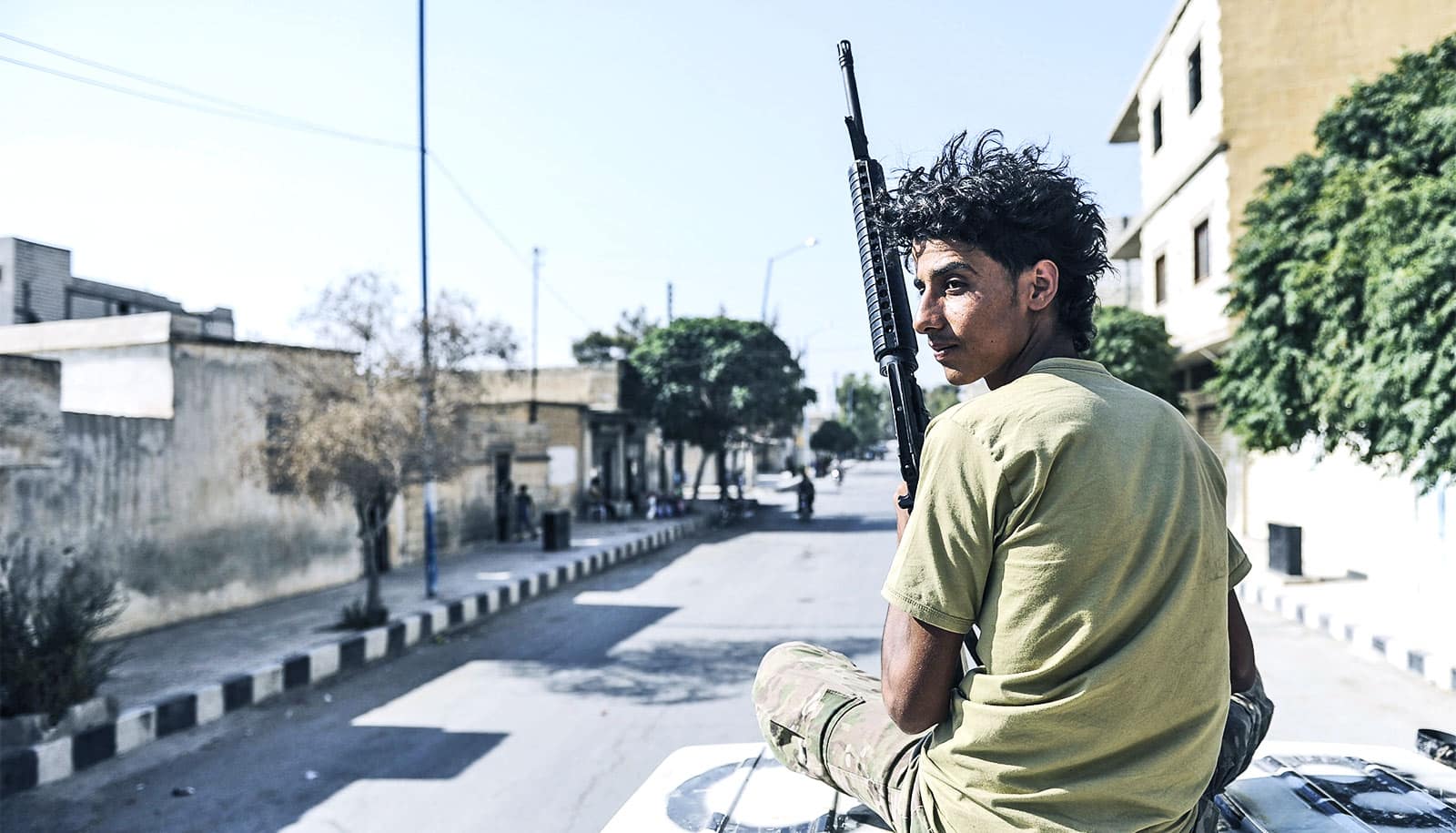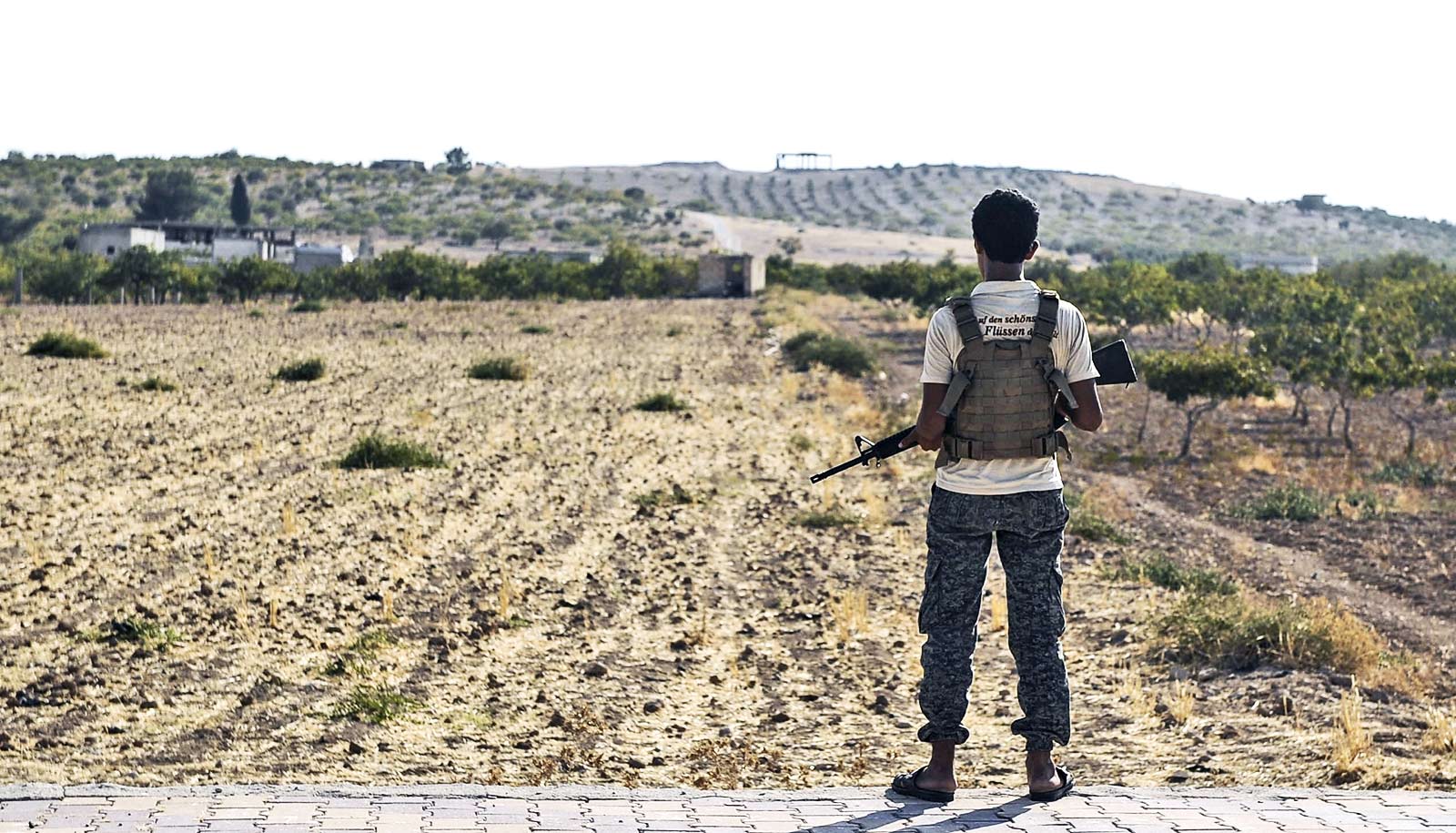On December 19, 2018, President Trump announced he wants to pull troops out of Syria because the United States military had achieved its goal of defeating the Islamic State militant group there.
In this Q&A, terrorism expert Martha Crenshaw, a senior fellow at the Freeman Spogli Institute for International Studies’ Center for International Security and Cooperation at Stanford University, addresses the president’s decision and what comes next.
Has the US defeated the Islamic State in Syria? What does “defeat” mean in this context?
US leaders have talked optimistically about “defeating” first Al Qaeda and then the Islamic State since the declaration of a global war on terror in 2001. If it were possible to vanquish such an adversary on the battlefield through the application of superior military force, we would already have accomplished the mission.
The Islamic State combines insurgency with transnational terrorism, and its operations flow easily across national borders. Since its beginnings in 2003, it has demonstrated a capacity for resilience and reconstitution — and for surprising us. The loss of the Caliphate has not changed this equation.
What regional impacts might this decision have?
The Iraqi government has not shown itself capable of providing the security or legitimacy that might undermine the appeal of the Islamic State. Despite [Syrian President] Assad’s ruthless consolidation of power with the aid of Iran and Russia, opposition to his regime will continue. If the American-supported Kurdish resistance is abandoned by the US and then destroyed or weakened by Turkey, there will be even more scope and rationale for jihadists such as the Islamic State. Also, we shouldn’t forget that the Al Qaeda branch in Syria is still active.
What about in terms of the US relationship with Russia and Iran versus with allies in the region?
It seems that the assumption behind the withdrawal is that the US is willing to leave Syrian affairs to Russia and Iran and to allow Turkey to pursue an offensive against our Kurdish allies. We should probably call them “former allies” now. Turkey is likely to draw closer to Iran and Russia.
Some American military leaders have spoken up against this decision, calling it wrongheaded. Does that matter?
Probably not to the President’s decisions, but vocal military opposition would matter to Congress and other opinion leaders.
Views expressed here do not necessarily represent those of the Freeman Spogli Institute for International Studies or Stanford University, both of which are nonpartisan institutions.
Source: Stanford University



